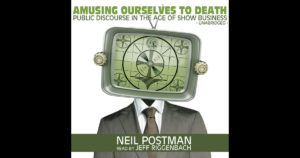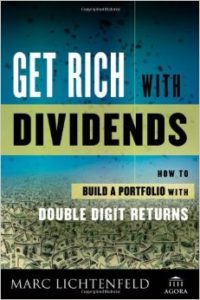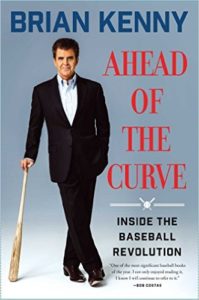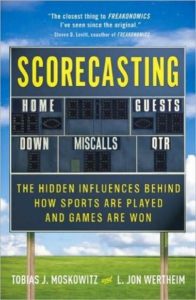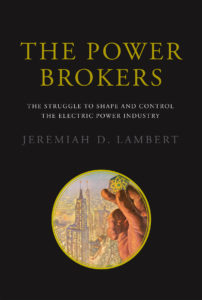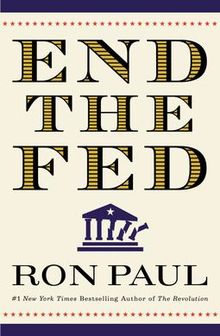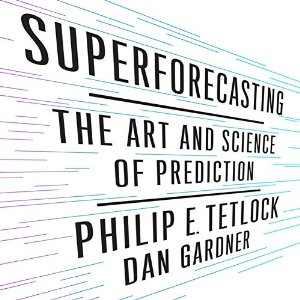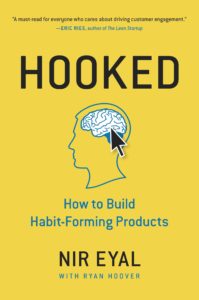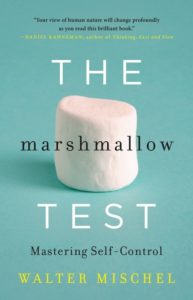Amusing Ourselves to Death: Public Discourse in the Age of Show Business
by Neil Postman, 1985
Written over thirty years ago, this diatribe rallies one against the tyranny of television. Public discourse becomes entertainment instead of rigorous debate when a culture moves from the printed word to the picture box. I do feel that much of what is said is true, and it’s even more true nowadays with the internet around to amuse us to death. I read Technopoly in a seminar in college and this pairs nicely. Here are two quotes from the last chapter that seem especially prescient. In the first, he compares the dystopias of George Orwell (1984) and Aldous Huxley (Brave New World), both of which you should read.
What Huxley teaches is that in the age of advanced technology, spiritual devastation is more likely to come from an enemy with a smiling face than from one whose countenance exudes suspicion and hate. In the Huxleyan prophecy, Big Brother does not watch us, by his choice. We watch him, by ours. There is no need for wardens or gates or Ministries of Truth. When a population becomes distracted by trivia, when cultural life is redefined as a perpetual round of entertainments, when serious public conversation becomes a form of baby-talk, when, in short, a people become an audience and their public business a vaudeville act, then a nation finds itself at risk; culture-death is a clear possibility.
In America, Orwell’s prophecies are of small relevance, but Huxley’s are well under way toward being realized. For America is engaged in the world’s most ambitious experiment to accommodate itself to the technological distractions made possible by the electric plug. This is an experiment that began slowly and modestly in the mid-nineteenth century and has now, in the latter half of the twentieth, reached a perverse maturity in America’s consuming love-affair with television. As nowhere else in the world, Americans have moved far and fast in bringing to a close the age of the slow-moving printed word, and have granted to television sovereignty over all of their institutions. By ushering in the Age of Television, America has given the world the clearest available glimpse of the Huxleyan future.
While he may miss on the importance of the computer, he does hit on the promise and letdown of Big Data:
Although I believe the computer to be a vastly overrated technology, I mention it here because, clearly, Americans have accorded it their customary mindless inattention; which means they will use it as they are told, without a whimper. Thus, a central thesis of computer technology—that the principal difficulty we have in solving problems stems from insufficient data—will go unexamined. Until, years from now, when it will be noticed that the massive collection and speed-of-light retrieval of data have been of great value to large-scale organizations but have solved very little of importance to most people and have created at least as many problems for them as they may have solved.
It is somewhat amusing that I read this book through an electronic medium (book on tape) instead of in book form.
